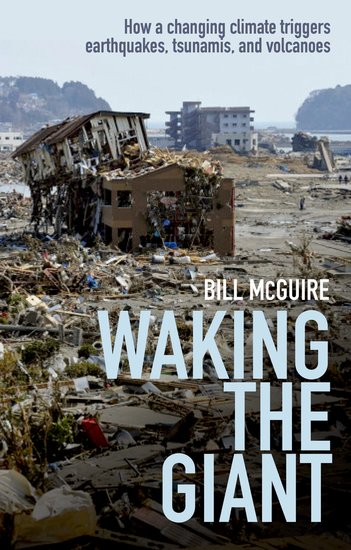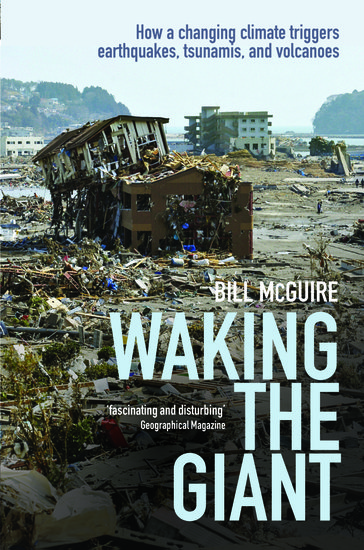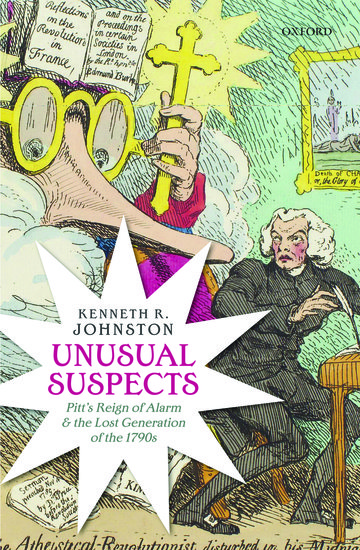Bill McGuire on the geological consequences of climate change
Could it be that we are on track to bequeath to our children and their children not only a far hotter world, but also a more geologically fractious one? Already there are signs that the effects of climbing global temperatures are causing the sleeping giant to stir once again.










